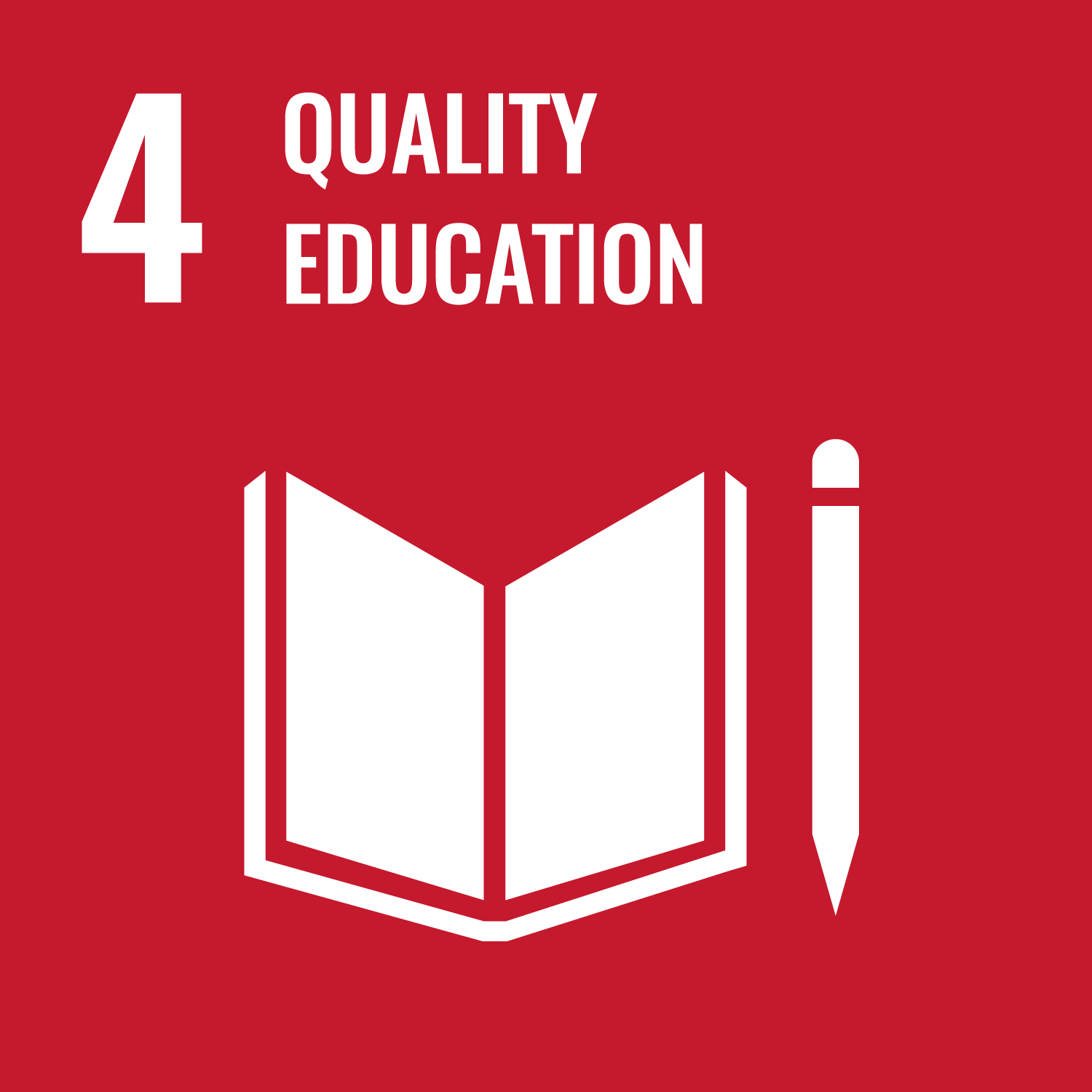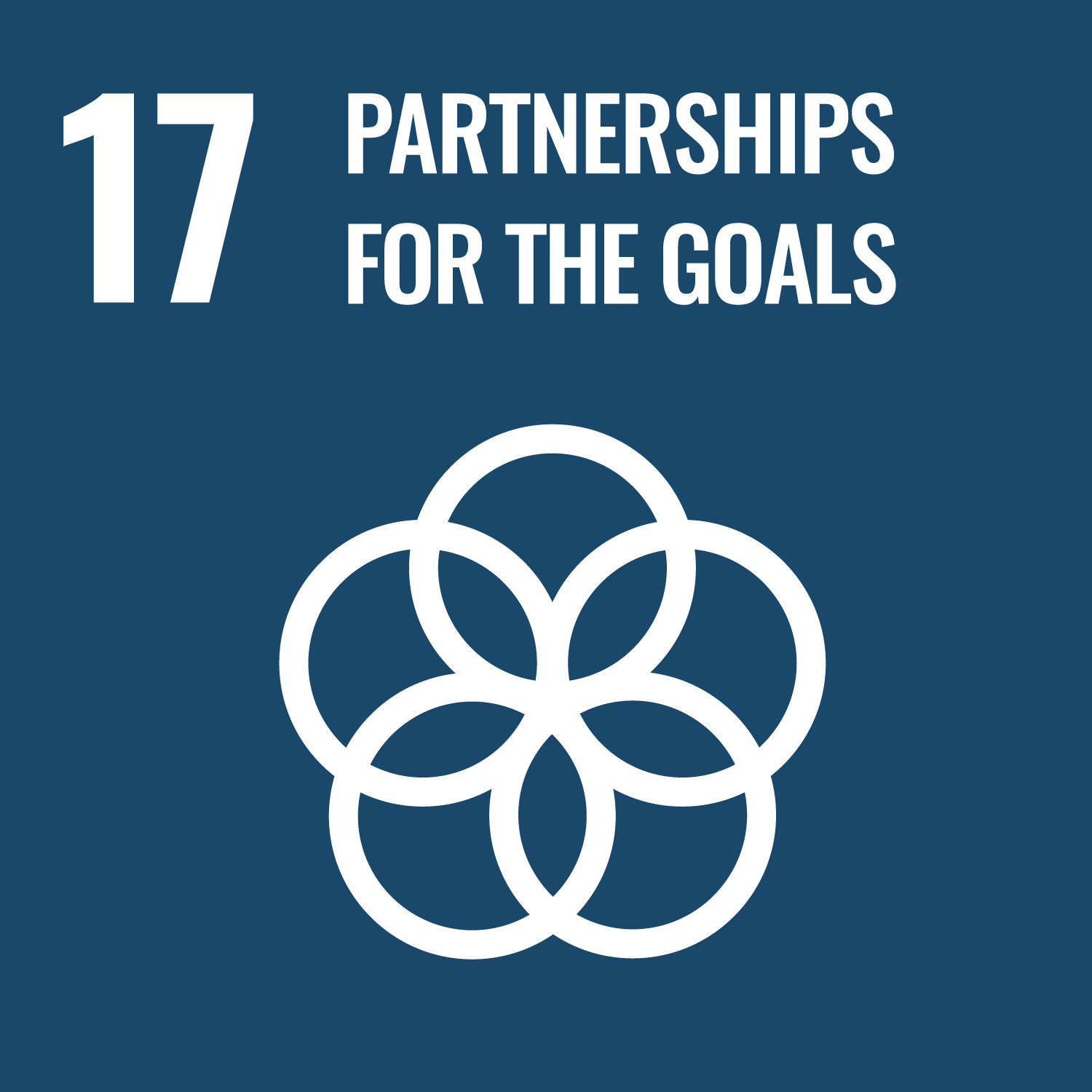Description of the Initiative
The Working Group was established to follow up the mandate by the Ministers during the ASEMME3 in 2011 during which the Ministers suggested exploring the feasibility of setting up an ASEM convention on mutual recognition of degrees and study achievements (including the establishment of National Information and Recognition Centres in all ASEM countries).
After intensive discussions, the Working Group considered it feasible to set up a bridging “ASEM Recognition Agreement” with reference to the two Conventions (Lisbon Recognition Convention and Tokyo Recognition Convention) rather than formulating a new “ASEM Recognition Convention”. The Working Group expressed its conviction that an “ASEM Convention” on mutual recognition would strongly contribute to a better understanding of higher education systems in the two regions and to the promotion of student mobility between the two regions. To date, the WG has met for several times.
The ASEM Bridging Declaration (known as Beijing Declaration), is implemented through three action plans:
- Building the Asian National Information Centers Coordinating Website (ANICCW).
- Drafting the Handbook of Guidelines, Principles and Good Practices on Recognition in the ASEM Region;
- Establishing the Cross-border Quality Assurance Network (CBQAN).
Aims and objectives
- Improve recognition of higher education qualifications between Asian and European regions by creation of a Recognition Bridging Declaration (between Lisbon and Tokyo Recognition Declaration);
- develop concrete steps to implement the Declaration.
ASEM Partners and Stakeholders involved
China (Secretariat and coordinator), Austria, Belgium (French Community), Brunei Darussalam, Estonia, Germany, Indonesia, Japan, Malaysia, Latvia, Lithuania, Republic of Korea, Philippines, Romania, UK ans ASEAN University Network (AUN).
Progress and Achievement
ASEMME7: Chair’s Conclusion 25
- Website of Asian National Information Centres (ANICCW) established and launched;
- Handbook of Guidelines, Principles and Good Practices on Recognition produced;
- Cross-border Quality Assurance Network (CBQAN) established and launched.
Status
Completed, but implementation and capacity building of national centres require continued efforts
Plans
- the ANIC network is materialized with national centres with established annual work programmes;
- ANICs are formally established and communicated to the wider world
The initiative contributes to:


